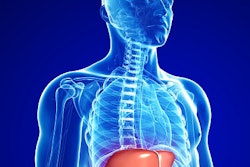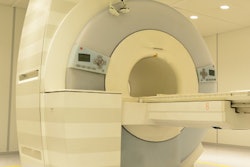Dear AuntMinnieEurope Member,
Radiology is becoming greener. That was evident at ECR 2023, where there was a greater emphasis on sustainability and the environment. But is enough being done to reduce the waste from gadolinium-based contrast agents (GBCAs) used in MRI?
Perhaps not, judging by the findings of two new European studies. Researchers from France and Hungary suggest there is a growing problem from pollution caused by GBCAs found in aquatic systems. Get the full story in the MRI Community.
The ECR's electronic poster exhibition, or EPOS, is always well worth a close look. Often, there's a hidden gem to be found there. For instance, a practical and timely e-poster from Spain received a cum laude award at this month's congress. The poster is about the optimum use of MRI in rectal cancer, and in addition to sharing their clinical knowledge with you, the authors have let us reproduce three figures from their exhibit.
Thanks to artificial intelligence algorithms, many MRI artifacts are now automatically corrected during the image acquisition phase or on the acquired signal, but it's still important to keep aware of artifacts, say researchers from France and Argentina who also collected an award for their ECR 2023 e-poster.
Whole-body MRI continues to show substantial promise as a viable alternative to lung cancer staging. Don't miss our news report about study findings in this area presented at the recent Vienna congress.
Finally, we have an article about how Dutch investigators are using whole-body F-18 FDG-PET/CT imaging to explore the reasons for persistent inflammation in critically ill COVID-19 patients during the late stages of the disease. Go to the Molecular Imaging Community.



















